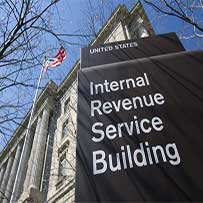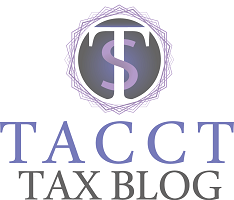
With a couple of days to go before tax season opens, taxpayers were already bracing for a potentially “miserable” filing season. It turns out that it could live up to the hype.
Internal Revenue Service (IRS) Commissioner Koskinen has advised employees that the budget cuts will result in reduced services to taxpayers. In an email to employees sent last week, Commissioner Koskinen advised that “realistically we have no choice but to do less with less.”
What does that mean for taxpayers?
- Identity theft could increase. Despite the need for increased taxpayer protections against identity theft, the implementation of additional measures will be delayed. That’s bad news for taxpayers since, despite the efforts of IRS and other agencies to stem the tide of identity theft, scammers have grown more bold. TIGTA reported that telephone scammers, posing as IRS representatives, managed to steal more than $5 million from taxpayers last year. And as quickly as the scams are picked up, they change. IRS-Criminal Investigation has responded to what has been termed an “epidemic” of identity theft by ramping up investigations – but with wholesale cuts to IRS, expect those investigations to dip, too.
- Refund delays. According to the Commissioner, taxpayers who file paper tax returns may have to wait an extra week or longer to see their refund. In the email, the Commissioner didn’t specifically address whether delays would affect refunds for taxpayers who e-file, though a few weeks ago he refused to say that refunds would not be delayed.
- Lags in correspondence. Those of us in the field have already become familiar with those letters from IRS that begin “We need more time…” It looks like those are about to kick up even more. With fewer employees on staff, IRS expects “lengthy delays” to answer correspondence.
- Fewer resolutions. Those taxpayers who have legitimate gripes but can’t find a resolution will be out of luck. The Commissioner says that the Taxpayer Advocate Service, normally the next step when cases aren’t resolved through normal channels, won’t be able to obtain a new case management system to oversee taxpayer hardship cases.
- Unanswered calls. Predictions weren’t terrific for answered call rates before. Now, the Commissioner is warning of “an even lower level of telephone service.” Specifically, he notes the “real possibility that fewer than half of taxpayers trying to call us will actually reach us.” Those calls that are answered, he says, “will face extended wait times that are unacceptable to all of us.”
- Shutdowns. Although the Commissioner wavered on saying yes to furloughs last month, temporary shutdowns look to be the case after all. The Commissioner indicated that the agency is planning for at least one shutdown this fiscal year; he suggested there might be two furlough days. There was no word on when those dates might be other than later in the fiscal year.
- Fewer Audit Closures. The silver lining – if you can call it that – is that the reduction in staffing means fewer taxpayer audits will be closed in 2015 (no word on how that will affect selection of new matters). Collections case closures will also be reduced. That might be good news for those under the audit gun but not so great for the Treasury. Commissioner Koskinen estimates that the government will, as a result, lose at least $2 billion in revenue.
Tax season will open on January 20, 2015. For the latest word on the 2015 tax season, keep checking back.



